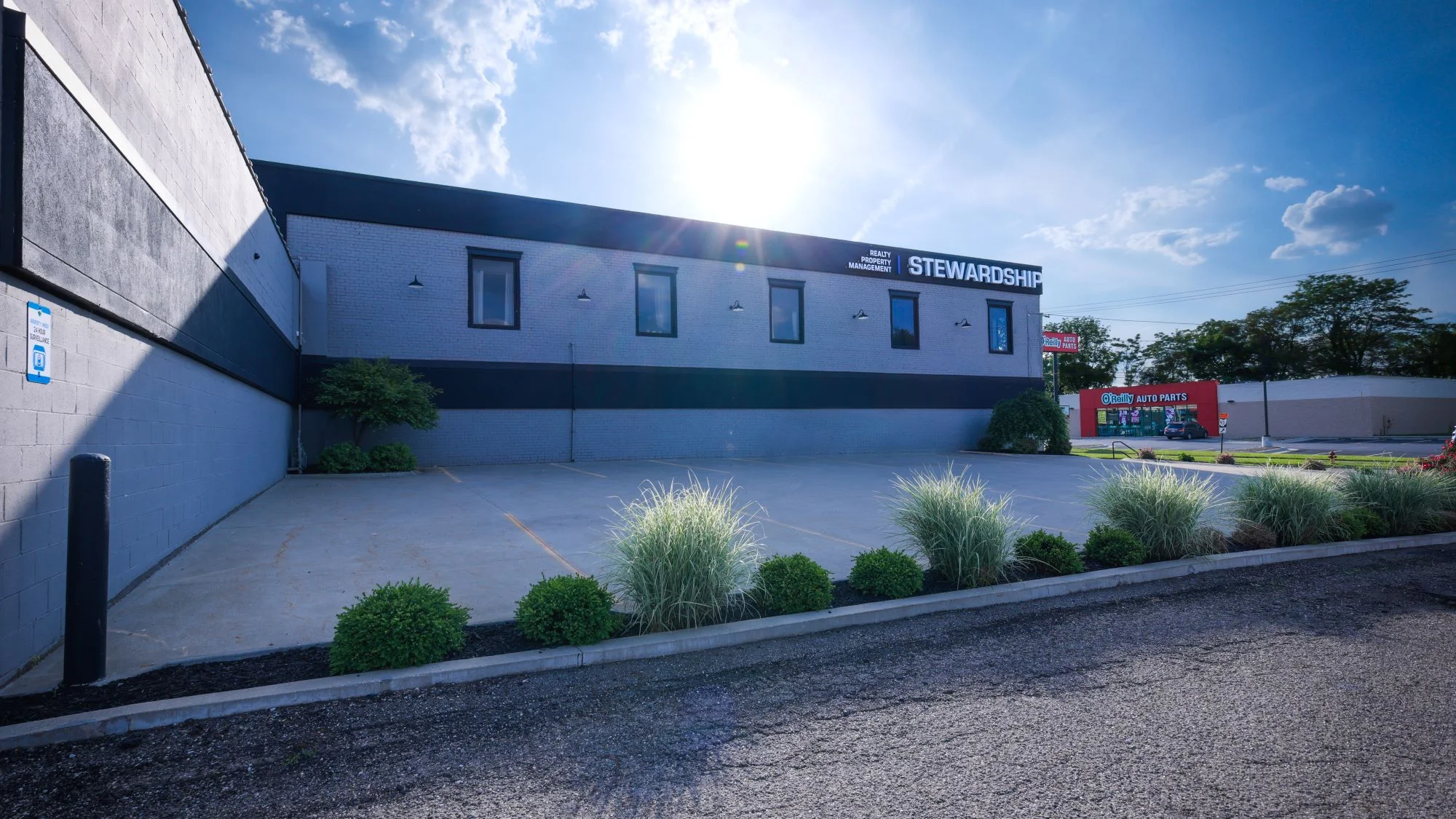Being a good neighbor is essential for creating a harmonious and supportive community. Positive relationships with those living around you can lead to a safer, friendlier, and more enjoyable living environment. Here are some practical tips on how to be a good neighbor and foster a sense of community.
Friendly and Respectful Communication
One of the first steps in being a good neighbor is to introduce yourself. A simple "hello" and a friendly smile can go a long way in establishing a positive relationship. Keep communication open and polite, addressing any concerns directly but respectfully. Being mindful of cultural differences and varying communication styles can help avoid misunderstandings.
Considerate Behavior
Respecting noise levels is crucial, especially in shared living spaces such as apartments or townhouses. Keep noise to a minimum during late hours and be mindful of your neighbors' schedules. Additionally, respect shared spaces like hallways, laundry rooms, and communal areas by keeping them clean and tidy. Following community rules and guidelines also shows consideration for those around you.
Helping Hand
Being a good neighbor means being there for others when they need help. Offer assistance with small tasks, such as carrying groceries or lending a tool. Sharing resources and information, like local service recommendations or community news, fosters a sense of support. Looking out for each other, especially in times of need, strengthens neighborhood bonds.
Conflict Resolution
Conflicts can arise, but addressing them calmly and respectfully is key. Approach any issues with a desire to understand your neighbor's perspective and seek a solution that works for both parties. If necessary, involve a neutral third party to mediate the situation. Keeping a cool head and a cooperative attitude can turn conflicts into opportunities for better understanding.
Community Involvement
Participating in community events and activities helps build connections with your neighbors. Join neighborhood groups or associations to stay informed and contribute to community decisions. Supporting local businesses and initiatives not only benefits the community but also fosters a sense of pride and belonging.
Conclusion
Being a good neighbor involves friendly communication, considerate behavior, offering help, resolving conflicts peacefully, and engaging in community activities. By practicing these tips, you can create a more pleasant and supportive living environment for yourself and those around you. Together, we can build stronger, more connected communities.


.jpg)
